The “Made in Türkiye” brand stands out as one of Türkiye’s most significant branding initiatives of the 21st century. Turkish entrepreneurs have increased their share in global exports to 1.1% and created a new ecosystem. This ecosystem has positioned the Turkish industry as the world’s 12th largest player. As industrial exports and production value rapidly increase, the national income has reached a record high of $1.45 trillion (TL 52.88 trillion). When combined with service exports, Türkiye’s total export volume of approximately $400 billion is a remarkable achievement for the Turkish industry and the “Made in Türkiye” brand.
At the forefront of this success is the rapidly growing Turkish defense industry, which boasts high technological capacity. The sector, which had an export volume of $148 million in 2002, has increased this figure to $7.15 billion in 2024, making it the leader in R&D investments in Türkiye. Companies like Turkish Aerospace Industries (TAI), Aselsan, Havelsan and STM play pioneering roles as the top R&D investors. These R&D expenditures drive high-tech production and exports, underscoring the importance of Türkiye’s transition from medium-high technology exports to high-tech exports. Although the Turkish defense industry exports a relatively lower volume compared to other sectors, it is a key driver in making the “Made in Türkiye” brand globally recognized.
Despite being one of the world’s largest iron and steel producers, Türkiye has struggled to establish strong branding in this sector, making the progress of the defense industry even more noteworthy. The global recognition of companies like Baykar Technology, BMC and TAI is crucial to Türkiye’s branding strategy. The worldwide fame of Bayraktar TB2 drones during the Ukraine war clearly indicates this success. Similarly, the Altay tank, T.C. Anadolu warship, Kızılelma fighter jet, ATAK helicopter and ANKA UAV are increasingly recognized in developing economies. As a result of substantial R&D investments, “Made in Türkiye” brands are shaping future technologies and setting trends in the defense industry.
At the beginning of the 2000s, Türkiye’s total R&D expenditure was $1.1 billion; in 2024, it surpassed the $20 billion threshold. Considering total R&D expenditures over the past 25 years have reached $170 billion, these recent developments did not occur by chance. As part of a strategy spanning a quarter of a century, R&D investments were aimed at transforming the Turkish industry into a global player. As the share of Turkish industry in the national income increased, industrial employment also rose and is now approaching the 7 million mark. With 7 million industrial employees and the 12th largest industrial production value in the world, Türkiye is expected to focus on strengthening its competitive edge in the coming years. Türkiye has been directing public incentives toward preparing for the fourth Industrial Revolution and supporting the sector through R&D expenditures. The defense industry stands out as the primary beneficiary of these support programs. As a result, Türkiye is now on track to become the world’s 10th-largest defense industry exporter in 2024.
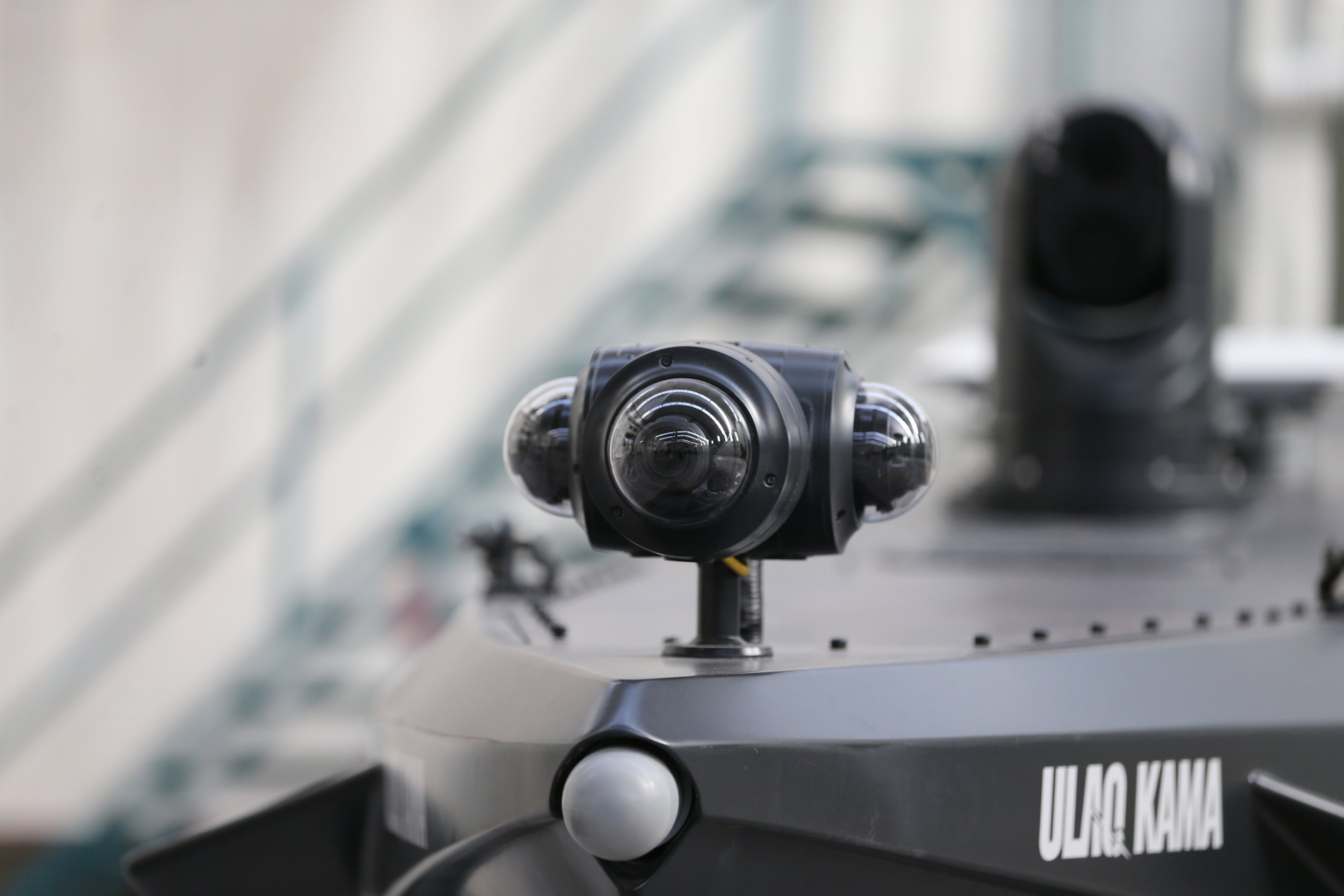
Between 2002 and 2024, R&D expenditures in the Turkish defense industry increased from $49 million to over $3 billion. Initially driven by public-sector investments, these expenditures have enabled companies like TAI, Aselsan and Havelsan to become global players. As a result, the Turkish defense industry is now represented by three companies among the world’s top 100 defense firms. By transforming its relationships with other countries in areas such as technology sharing and joint production – fields that Western nations are generally reluctant to engage in – the Turkish defense industry is expected to gain even more prominence in the future. The increase in defense exports to Latin America, Africa, Central Asia and Southeast Asia is closely linked to Türkiye’s current policies. Technology sharing with friendly and allied nations, which constitutes a key pillar of Turkish foreign policy, influences and drives global demand for Turkish defense products. This strategic direction is shaped by new-generation R&D initiatives, preparing Türkiye’s industrial infrastructure for the new century.
The Turkish defense industry has reached approximately 1,500 companies operating in various technological fields. Guided by joint production and layered support programs led by the government, these companies export not only to the domestic market but also to international markets. By increasing foreign currency revenues for self-sufficiency, these firms may gain greater independence over time. In particular, the 50-year incentive period from 1974 to 2024 required billions of dollars in investments. In the coming years, exports, maintenance revenues and other foreign currency earnings are expected to enable the Turkish defense industry to achieve self-sufficiency, building a next-generation production model. The fact that the Turkish defense industry is being closely observed as a model by many countries is not a coincidence but rather part of a strategic approach. From this perspective, the total defense industry project volume exceeding $100 billion is a critical indicator. With an employment level approaching 200,000 and a strong talent pool, the Turkish defense industry is pioneering next-generation technologies and representing the “Made in Türkiye” brand.
The current level of R&D expenditure plays a crucial role in demonstrating the success of the Turkish Armed Forces (TSK) in conflict zones such as Libya, Azerbaijan, Ukraine, Syria, Iraq and others. With long-range strike air systems reaching an incredible capacity to change the course of conflicts, the TSK protects and strengthens Türkiye’s interests on the global stage. Therefore, the rise of the TSK, recognized as the eighth most powerful military globally, is not a coincidence. These developments, which should be seen as part of the “Made in Türkiye” brand, have also led to the emergence of domestic initiatives like Togg. Engineers transferred from Aselsan have brought the technological infrastructure developed in the Turkish defense industry to Türkiye’s electric vehicle venture, Togg. The sale of over 50,000 Togg vehicles in the past 1.5 years is a significant indicator of this transfer of technology.
In conclusion, Türkiye’s R&D investments are steering the country toward a new economic model based on technological advancements. This model reflects a new era’s reality – one that is built on the multilayered, long-term strategic foundation established in the Turkish defense industry and driven by efficiency.

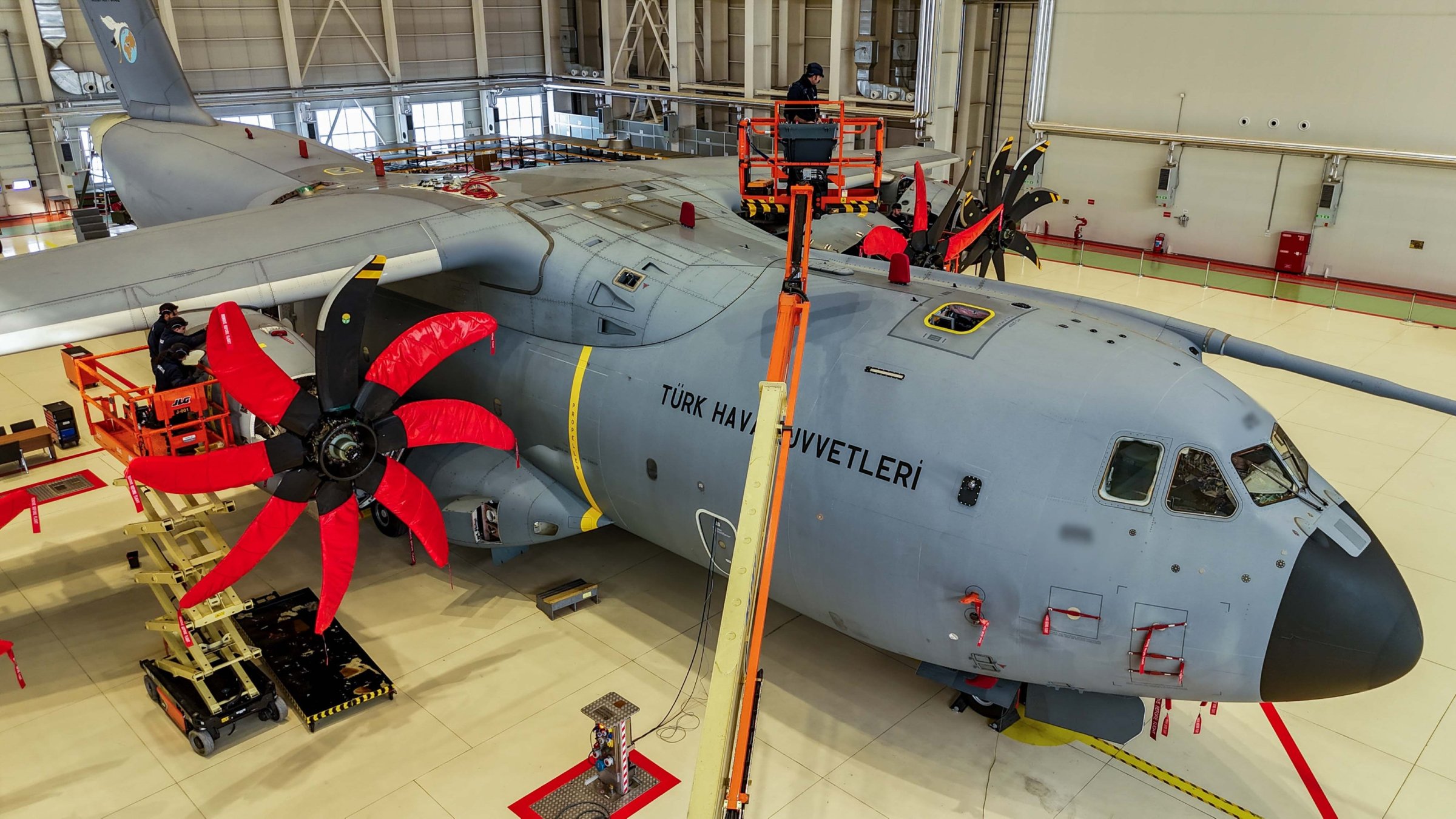




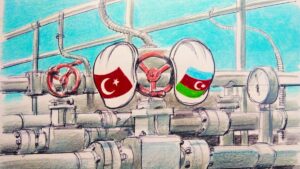





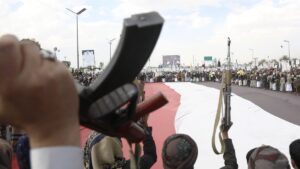









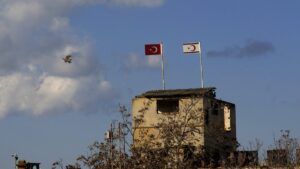


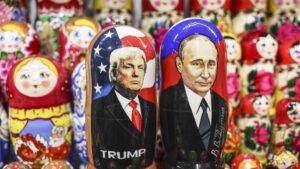

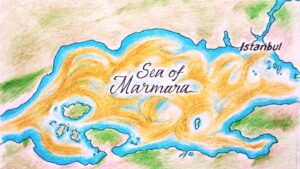
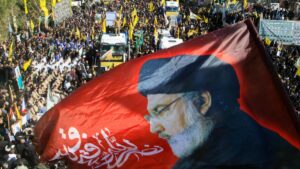

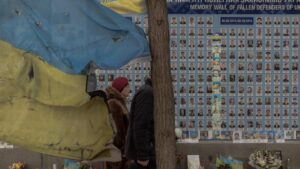












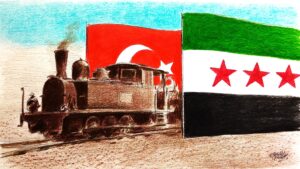




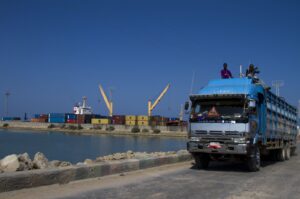



Be First to Comment